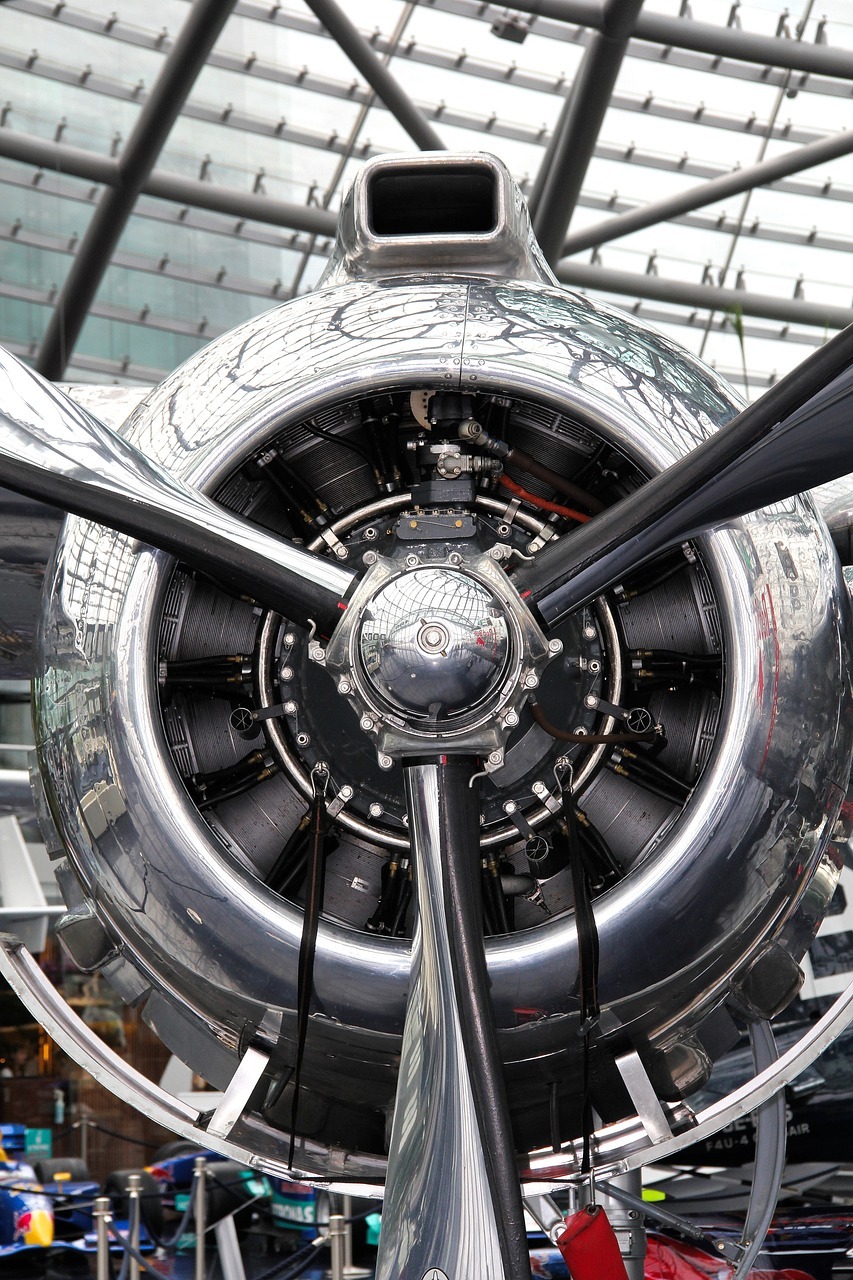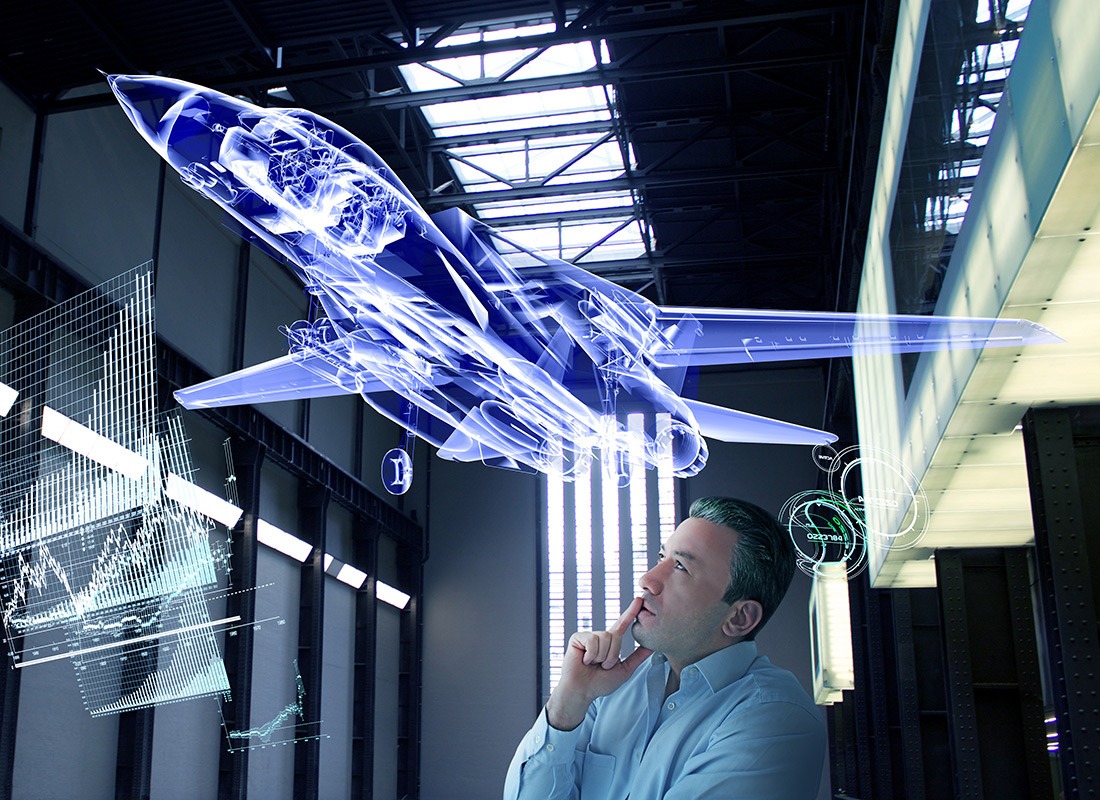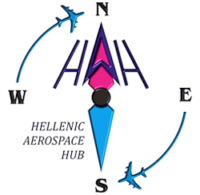Academy
Facilities
Our facilities are located in the center of Patras, with comfortable and ideal rooms for the educational process, an office for the organization and control of our activities as well as a special meeting and events room, all equipped with high-tech equipment.
- Soon we will have modern workshops that will further expand our educational activities.


Studies B1.1, B1.2, B1.3, B1.4, B2
Courses that must be trained and tested to obtain the Aircraft Engineer Certifications.
- 1. Mathematics
- 2. Physics - B1
- 3. Electrical Fundamentals
- 4. Electronic Fundamentals - B2
- 5. Digital Techniques / Electronic Instunment Systems - B2
- 6. Material & Hardware - B1
- 7A. Maintenance Practices - B1 + 7,4 AT B2
- 8. Basic Aerodynamics
- 9A. Human Factors
- 10. Aviation Legislation
- 11A. Turbine Aeroplane Aerodynamica, Structures & Systems
- 11B. Piston Aeroplane Systems
- 12. Helicopter Aerodynamics
- 13. Aircraft Aerodynamics, Structures & Systems
- 14. Propulsion
- 15. Gas Turbine Engines
- 16. Piston Engines
- 17A. Propellers
Patras Aviation Training Programs
You can see EASA PART-66 SYLLABUS in more detail below.

Interest Εxpression
Frequently Asked Questions
Under European legislation (EASA), which has as its main objective the safety of passengers, personnel and equipment, it has become mandatory for personnel wishing to work in the aviation sector to obtain a specific licence from approved training organisations (Part 147), regardless of their academic and professional background.
To obtain this Certification, the following two basic conditions are required:
- The success of the training and examination of candidate technicians in a series of theoretical courses (modules) covering the full range of knowledge requirements of the aviation technical sector.
- The practical training of candidates in aviation organisations in order to acquire the necessary technical experience and skills.
By ensuring the two basic requirements, the candidate engineer has the exclusive opportunity to work as a Certified Engineer in any airline that follows European standards.
According to official Boeing research published in its annual report entitled "Pilot and Technician Outlook 2021-2040" at least 626,000 new jobs will be created in the aircraft mechanic sector over the next 20 years, according to Boeing's official research in its annual report entitled "Pilot and Technician Outlook 2021-2040".
The limitations associated with COVID-19 accelerated the transition of education to virtual learning technologies and modern teaching platforms. Thus, Hellenic Aerospace Hub has adapted to the traditional face-to-face training process with modern tele-education enabling an increasing part of the population to become a carrier of Certified Aerospace Knowledge.

